Did you know 17 percent of seniors are socially isolated?
According to the National Council on Aging, 6.7 million Americans battle isolationism that can impact their physical and mental health. One study showed that the health risks of long-term isolation are equivalent to smoking 15 cigarettes a day.
Strong social connections are central to our quality of life and sense of well-being. As we age, we experience life changes that can slowly separate us from those connections. By the time you are in your seventies and eighties, you are more likely to have lost close friends and loved ones; you are more likely to have developed hearing loss and vision impairment; you may not drive at night or over long distances; and you may have developed other physical disabilities that make it difficult to leave home. All of these risk factors contribute to isolationism – but they don’t have to spell loneliness.
Some seniors may be isolated even if they don’t admit it or don’t feel comfortable talking about it. If you suspect someone you know is feeling isolated, the AARP recommends: Listening, asking questions and most importantly, helping seniors stay connected.
- Assist with transportation or connect them with resources that will provide regular transportation or outings.
- Encourage them to volunteer and stay connected to their community.
- Fortify existing bonds to nurture and strengthen existing relationships — Encourage seniors to get coffee with friends, go to museum or a movie.
- Teach them to use technology like Skype or FaceTime to stay in touch with friends and loved ones.
- Consider the benefits of living in a senior housing community. Not only do most Independent Living and Assisted Living communities provide regular activities and transportation, but residents can socialize by just stepping outside their doors. They can eat meals with new friends rather than alone. And these communities often offer services that bring the seniors in contact with staff who also foster loving friendships.
When looking for the right senior community for your loved one, seek an environment that fosters interest groups the senior has had a lifelong interest in. But the right fit should also offer activities and outings that offer variety and novelty as well. Repetition of those lifelong traditions helps give a sense of mastery, while variation of new activities gives a sense of accomplishment.

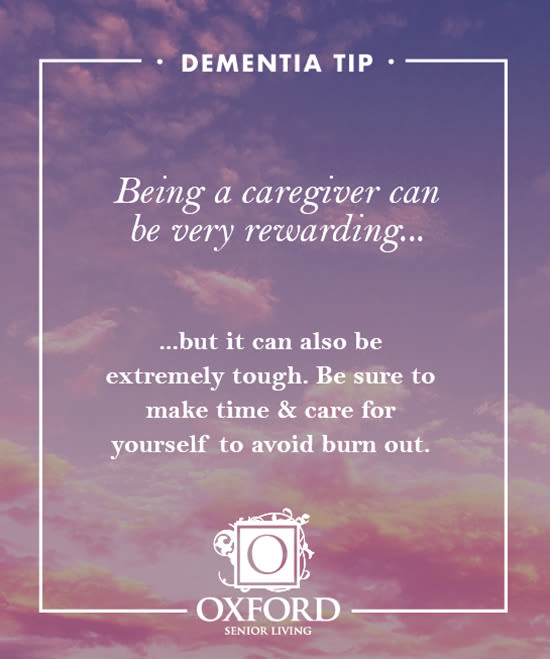
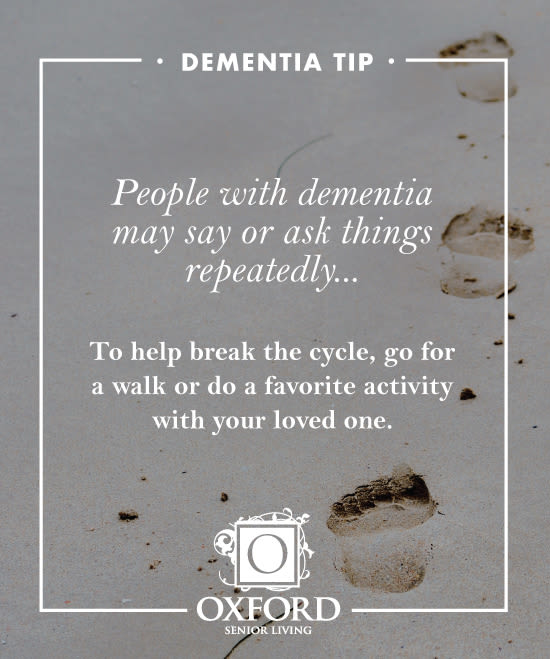
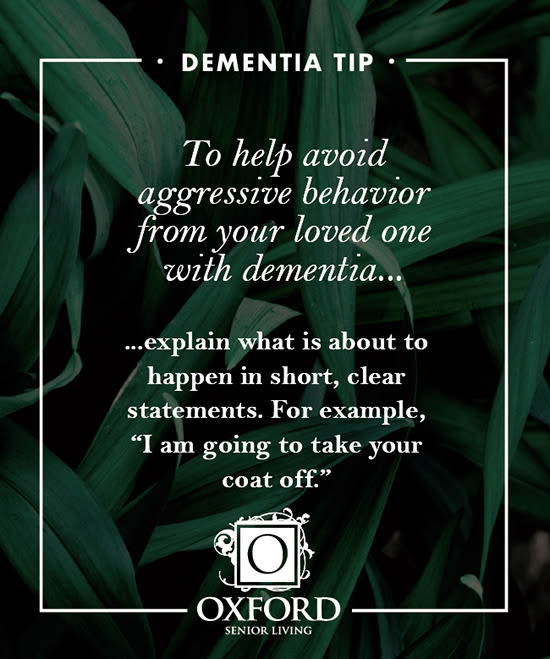
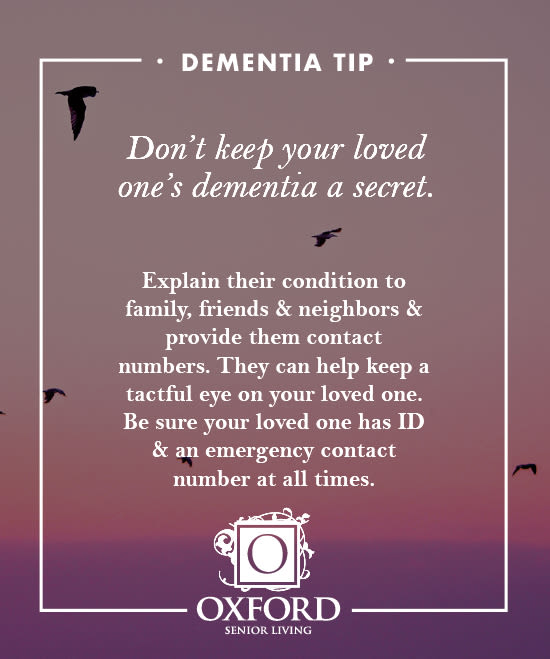
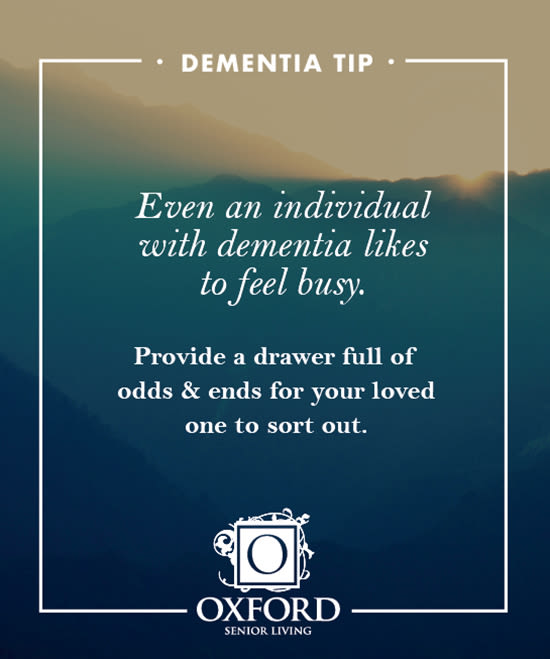




 Email
Email Follow The Adventures
Follow The Adventures Google
Google Linkedin
Linkedin